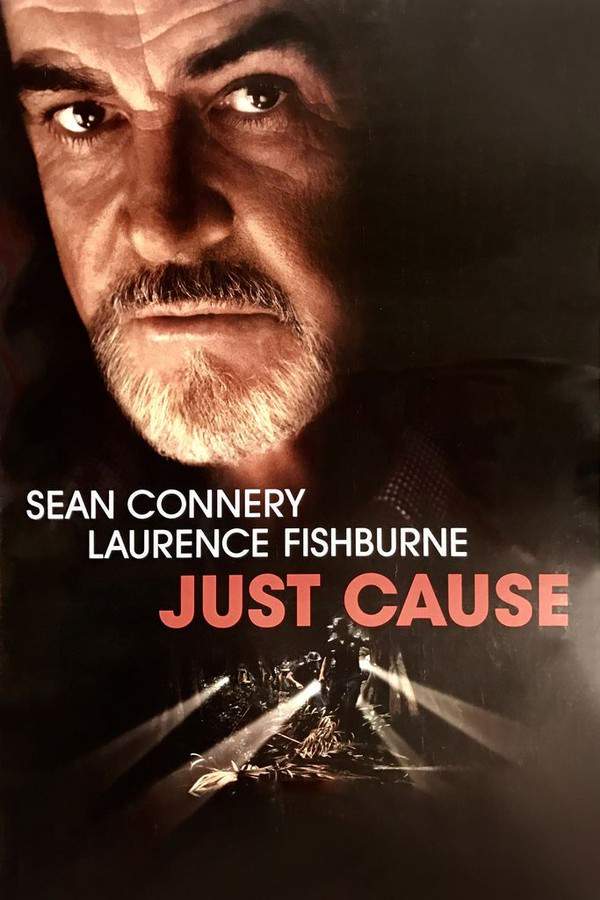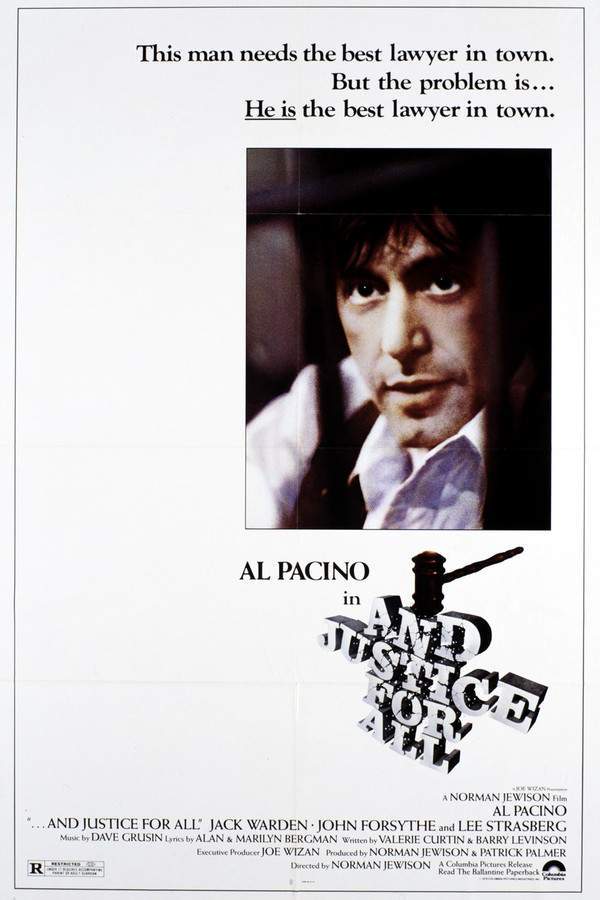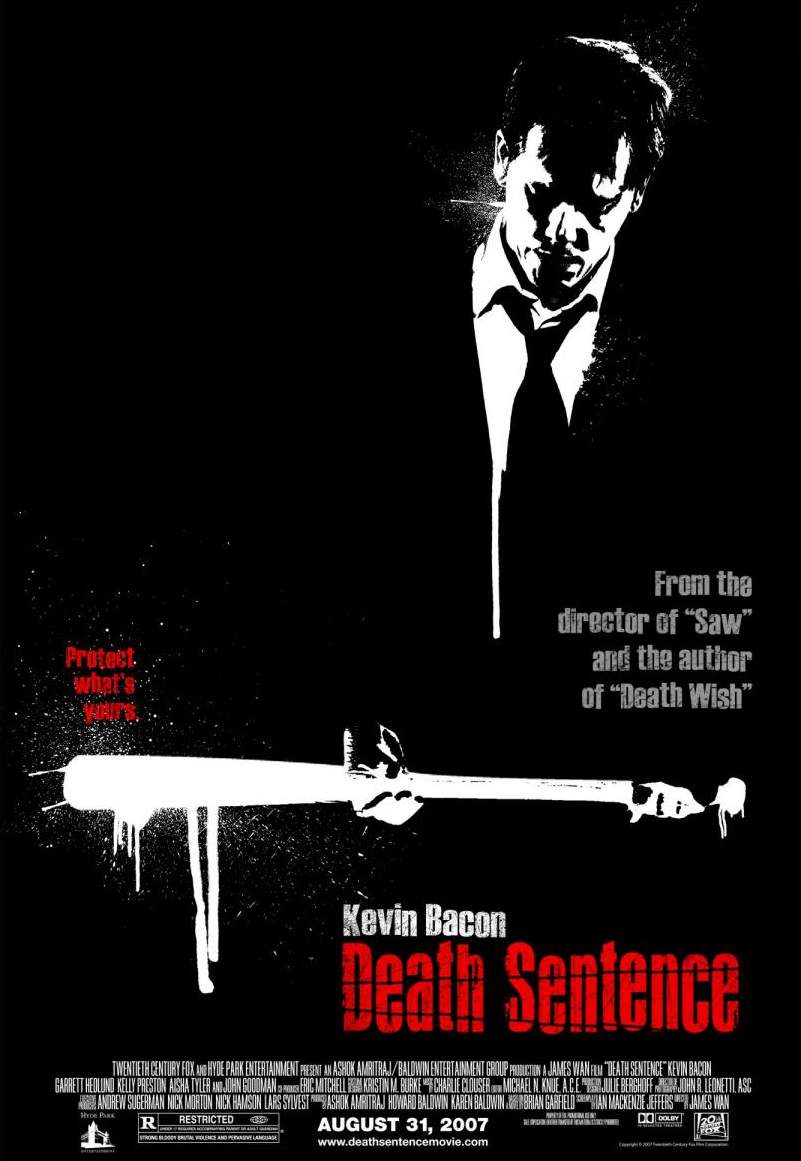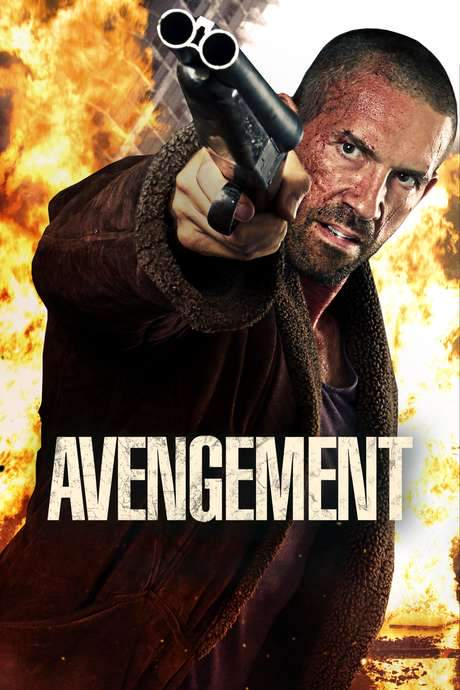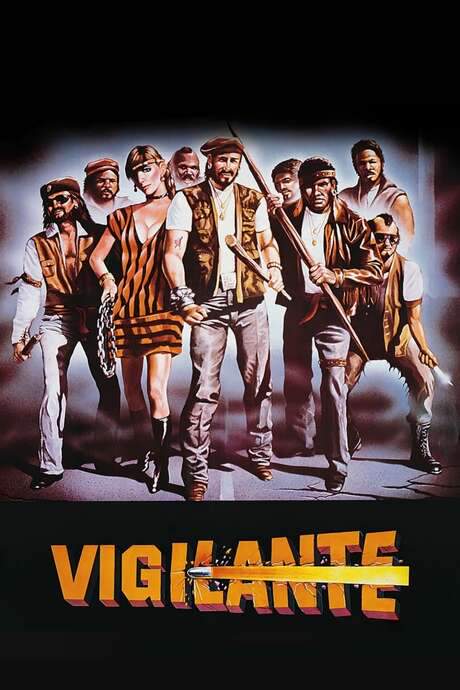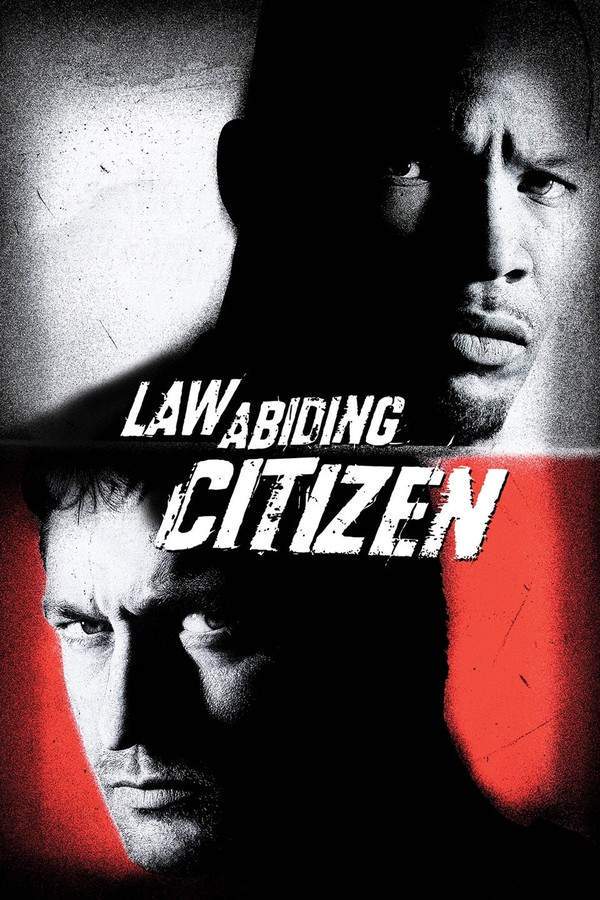
Law Abiding Citizen 2009
Directed by

F. Gary Gray
Made by

Overture Films
Test your knowledge of Law Abiding Citizen with our quiz!
Law Abiding Citizen Plot Summary
Read the complete plot summary and ending explained for Law Abiding Citizen (2009). From turning points to emotional moments, uncover what really happened and why it matters.
In a tragic home invasion in 1999, Clyde Alexander Shelton, portrayed by Gerard Butler, witnesses the brutal murder of his wife and daughter at the hands of Clarence James Darby (Christian Stolte) and his accomplice Rupert Ames (Josh Stewart). When the prosecutor, Nick Rice, played by Jamie Foxx, struggles to secure a solid conviction against the criminals due to a lack of DNA evidence, he makes a controversial deal with Darby for a lesser charge in exchange for his testimony against Ames. Ames is convicted and sentenced to death, while Darby is soon released, leaving Shelton feeling deeply betrayed by the justice system.
Fast forward ten years, as Ames faces his execution, a sinister plan unfolds. The usual deadly drug administered has been replaced with an anti-convulsant, leading to Ames enduring an agonizing demise. Evidence surfaces that suggests Darby may have tampered with the execution process. As the police close in, an anonymous caller directs Darby to a remote location—only to reveal himself as Shelton, disguised as a police officer. With revenge fueling his actions, Shelton immobilizes Darby using puffer fish venom and gruesomely dismembers him while recording the act for posterity.
When Darby’s remains are discovered, circumstantial evidence points toward Shelton. Aware of the flimsy nature of this evidence, he turns himself in and goes on to expose the flaws in Rice’s original case against him. Following this, Rice receives a distressing phone call from his wife, unveiling that Shelton has sent a copy of the gruesome recording of Darby’s death to their home, causing turmoil for their daughter. Despite Rice’s initial reluctance, District Attorney Jonas Cantrell (Bruce McGill) insists he negotiate with Shelton.
In court, Shelton, representing himself, makes a bold move, temporarily granted bail, where he confronts the judge for enabling criminals’ freedom. Soon, he finds himself in contempt of court. He cunningly negotiates a steak lunch in exchange for information regarding Darby’s missing lawyer, leading Rice and his team to a horrifying discovery where the lawyer is found buried alive.
The relentless cycle of violence continues when a CIA informant alerts Rice that Shelton has a history of creating inventive means of assassinations. As chaos ensues with multiple deaths, including that of Rice’s assistant Sarah Lowell (Leslie Bibb), the city is placed in lockdown, and Rice is appointed acting District Attorney.
Rice connects the dots and discovers Shelton’s auto garage, which conceals a tunnel leading from the solitary confinement cells, designed to facilitate his escape. Racing against time, Rice anticipates Shelton’s next target, city hall, where a bomb is primed to explode.
After evading capture, Shelton, returned to his cell, is confronted by Rice, who finally stands firm against the cycle of revenge. However, in a shocking twist, Shelton’s plan is laid bare as he realizes too late that he inadvertently activated the bomb hidden in his own cell. With a heavy heart, he gazes at his daughter’s bracelet, resigned to his fate as the bomb detonates, marking a devastating end to a whirlwind of vengeance and loss.
Law Abiding Citizen Timeline
Follow the complete movie timeline of Law Abiding Citizen (2009) with every major event in chronological order. Great for understanding complex plots and story progression.
Tragic Home Invasion
In 1999, Clyde Alexander Shelton witnesses the horrific murder of his wife and daughter during a brutal home invasion. The two men responsible for this tragedy are Clarence James Darby and his accomplice Rupert Ames, leaving Shelton devastated and seeking justice.
Prosecutor's Deal
Struggling to secure a conviction due to insufficient evidence, prosecutor Nick Rice strikes a controversial deal with Darby. Under this deal, Darby receives a lesser charge in exchange for testifying against Ames, leading to Ames’ conviction and death sentence.
Betrayal
As Ames is sentenced to death, Darby is unexpectedly released from prison, exacerbating Shelton's feelings of betrayal by the justice system. This event boosts Shelton's desire for revenge against the men who destroyed his family.
Execution Tampering
Fast forward ten years, Ames is set to be executed. However, a sinister twist occurs when the deadly drug is replaced by an anti-convulsant, leading to his prolonged and torturous death, suggesting foul play may be involved.
Shelton's Revenge Begins
An anonymous caller directs Darby to a secluded location, leading to a confrontation with Shelton, who is disguised as a police officer. Fueled by revenge, Shelton immobilizes Darby using puffer fish venom and gruesomely dismembers him while recording the entire act.
Discovery of Darby's Remains
When Darby's body is discovered, the circumstantial evidence points toward Shelton as the prime suspect. Knowing the evidence against him is weak, Shelton decides to turn himself in, planning to expose the flaws in Rice's original case against him.
Distress Call to Rice
Rice receives a distressing phone call from his wife, revealing that Shelton has sent a copy of the grisly recording of Darby's death to their home. This unsettling development causes chaos and fear for Rice's family, particularly for their daughter.
Courtroom Tactics
In court, Shelton cleverly represents himself and boldly confronts the system, achieving temporary bail. However, this act of defiance leads him to contempt of court as he takes matters into his own hands.
Buried Alive Discovery
Shelton negotiates a bizarre lunch for information regarding Darby's missing lawyer. This tactic leads Rice and his team to a chilling discovery as they ultimately find the lawyer buried alive, intensifying the shock of the case.
CIA Informant's Warning
As the investigation progresses, a CIA informant alerts Rice to Shelton’s remarkable history of inventive assassinations. The threat escalates as the city is put on high alert, resulting in chaos and multiple deaths, including Rice's assistant.
Racing Against Time
Rice uncovers Shelton's auto garage, which conceals a secret tunnel connected to the solitary confinement cells. Realizing the urgency of the situation, Rice rushes to prevent Shelton's next violent act at city hall.
Showdown
After being captured and returned to his cell, Shelton is unexpectedly confronted by Rice. Their intense confrontation reveals the cyclical nature of vengeance and the implications of Shelton’s quest for justice.
The Bomb's Detonation
In a shocking turn of events, Shelton discovers that he has unwittingly activated a bomb hidden in his cell. As he reflects on his tragic journey with his daughter's bracelet in hand, the bomb detonates, culminating in a devastating end.
Law Abiding Citizen Characters
Explore all characters from Law Abiding Citizen (2009). Get detailed profiles with their roles, arcs, and key relationships explained.
Clyde Alexander Shelton (Gerard Butler)
Clyde is a deeply complex character who evolves from a devastated father and husband to a calculated avenger. His profound grief and sense of betrayal drive his actions, leading to a chilling exploration of revenge. As a mastermind, he showcases incredible intellect and resilience, albeit leading to tragic consequences.
Nick Rice (Jamie Foxx)
Nick is a pragmatic prosecutor who grapples with the ethical dilemmas of the justice system. Initially motivated by career aspirations, his character develops as he faces the repercussions of his past choices. Nick embodies the struggle between duty and morality, making tough decisions under pressure.
Sarah Lowell (Leslie Bibb)
Sarah is Nick's assistant, whose fate becomes a critical point in the film's exploration of consequences. Her tragic death emphasizes the collateral damage of Clyde's revenge scheme. Sarah's role brings to light the personal costs of the violent cycle that ensues.
Law Abiding Citizen Settings
Learn where and when Law Abiding Citizen (2009) takes place. Explore the film’s settings, era, and how they shape the narrative.
Time period
1999, Present Day (2009)
The film begins in 1999 during a tragic home invasion, setting the stage for the ensuing events. Fast forward to 2009, it explores the decade-long implications of the crime and its aftermath. This timeframe reflects on societal views on justice, vengeance, and moral dilemmas, capturing a period of both personal loss and systemic failure.
Location
City, Remote Location, Prison
The movie primarily takes place in a bustling city where the justice system is scrutinized. Within this urban setting, the contrast between the public's perception of justice and the reality of crime is starkly unveiled. A remote location plays a pivotal role in Clyde's plan for revenge, serving as the backdrop for a tense confrontation. Lastly, the prison symbolizes confinement and the complexities of legal repercussions, showcasing the failings of the system.
Law Abiding Citizen Themes
Discover the main themes in Law Abiding Citizen (2009). Analyze the deeper meanings, emotional layers, and social commentary behind the film.
⚖️
Justice
Justice is a central theme of the film, highlighting the fractures within the legal system. Clyde's betrayal by the very entity designed to protect him fuels his quest for retribution. This theme raises questions about the morality of vengeance and the effectiveness of accountability within a flawed judicial framework.
💔
Loss
The profound sense of loss permeates the narrative, driving Clyde's transformation from a grieving husband to a vengeful figure. This theme captures the emotional turmoil stemming from the brutal murder of his family, illuminating the psychological impact of such tragedies on individuals. It intricately weaves personal grief with broader societal implications.
🧩
Revenge
Revenge propels the storyline, showcasing the lengths one might go to in pursuit of justice. Clyde's meticulous planning and execution of vengeance illustrate the dark depths of human emotion. Throughout the film, this theme challenges viewers to consider the consequences of retribution and the cyclical nature of violence.

Coming soon on iOS and Android
The Plot Explained Mobile App
From blockbusters to hidden gems — dive into movie stories anytime, anywhere. Save your favorites, discover plots faster, and never miss a twist again.
Sign up to be the first to know when we launch. Your email stays private — always.
Law Abiding Citizen Spoiler-Free Summary
Discover the spoiler-free summary of Law Abiding Citizen (2009). Get a concise overview without any spoilers.
In the gritty underbelly of a city that prides itself on law and order, a brutal tragedy rattles the very foundation of its justice system. Clyde Shelton returns home to find his family shattered, and the institutional response feels more like a hollow promise than true accountability. Driven by a fierce sense of loss and betrayal, he retreats to a stark prison cell where his intellect becomes a weapon, turning the confines of incarceration into a strategic headquarters. The tone is tense and relentless, a study of how grief can morph into an unforgiving crusade.
Across the courtroom corridors, Nick Rice rises as the ambitious prosecutor tasked with upholding the very system that Shelton now seeks to dismantle. Rice is charismatic, resourceful, and increasingly aware that the case he once handled with confidence now sits at the center of a moral quagmire. The film paints a vivid picture of a legal arena where procedural rigor clashes with raw vengeance, and where the line between justice and retribution blurs into an unsettling gray. Their opposing paths create a compelling cat‑and‑mouse dynamic, filled with intellectual duels and ethical challenges.
The world of the film is one where public safety and legal ideals are constantly tested by personal vendettas and systemic flaws. A somber, atmospheric palette underscores the pervasive sense of dread, while the narrative pulse quickens with each calculated move made from behind bars. As Shelton meticulously plots his next steps, Rice scrambles to anticipate and counteract a menace that threatens to expose the cracks in the system. The story invites viewers to contemplate how far one will go when the law fails, and whether the pursuit of retribution can ever truly restore a broken sense of justice.
Can’t find your movie? Request a summary here.
Movies with Similar Twists and Themes
Uncover films that echo the narrative beats, emotional arcs, or dramatic twists of the one you're exploring. These recommendations are handpicked based on story depth, thematic resonance, and spoiler-worthy moments — perfect for fans who crave more of the same intrigue.
Featured on this page

What's After the Movie?
Not sure whether to stay after the credits? Find out!
Explore Our Movie Platform
New Movie Releases (2026)
Famous Movie Actors
Top Film Production Studios
Movie Plot Summaries & Endings
Major Movie Awards & Winners
Best Concert Films & Music Documentaries
Movie Collections and Curated Lists
© 2026 What's After the Movie. All rights reserved.





